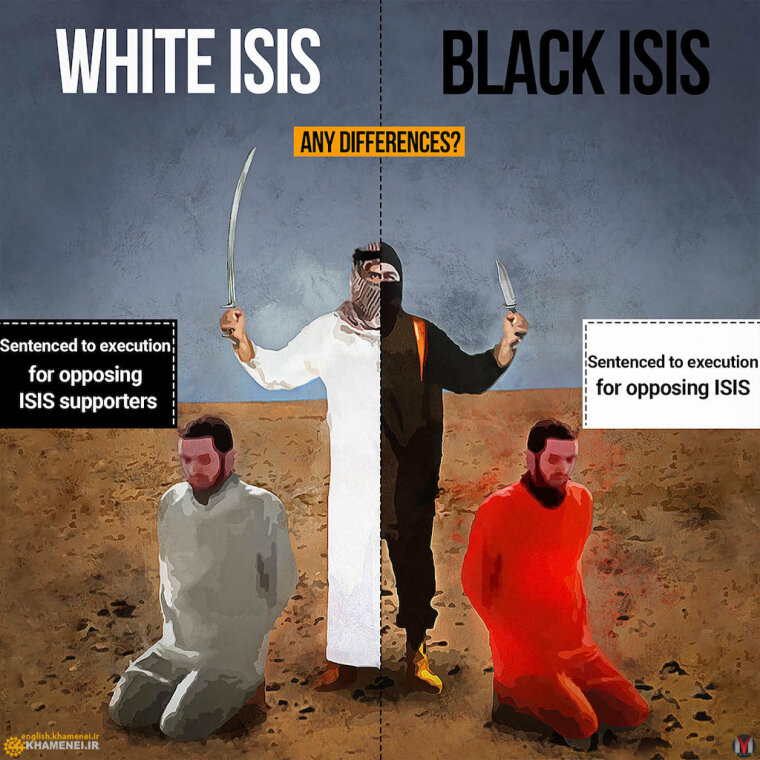Saudi Arabia and Iran inch towards war

RIYADH (Christian Examiner) – Saudi Arabia and Iran tip-toed closer to open war Jan. 4 as the Saudi kingdom ordered the withdrawal of its foreign minister from Tehran after a Shiite attack on the embassy there.
Protestors stormed the diplomatic compound and set fire to it with Molotov cocktails after the Saudi kingdom executed 47 criminals tied to Sunni and Shiite radical groups, including al-Qaeda and the Shiite rebels responsible for stirring sectarian strife in Yemen. Only four of those executed were Shiite, but one was a prominent radical Shiite cleric critical of the king of Saudi Arabia.
Nimr Baqr Al-Nimr, according to reports from the Saudi government, was beheaded for rejoicing in the death of then-crown prince Nayef bin Saud bin Abd Al-Aziz, as well as for inciting hatred against the royal family in sermons and public speeches. In October 2014, he was accused and found guilty of enflaming sectarian tensions in the hopes of overthrowing the royal house.
Al-Nimr, however, was a staunch ally to Iran, which the Saudi government has accused of smuggling weapons to Shiite Houthi rebels in Yemen and to other terror groups opposed to the king.
In addition to the withdrawing the country's diplomats from Iran, Saudi Foreign Minister Adel Al-Jubeir also told Iran's diplomats in the kingdom they had just 48 hours to vacate their posts in Saudi Arabia, leaving no political channels open for a resolution. He called the country a "menace" to the region for its support of terrorism.
On Tuesday, Iran's leading cleric Ayatollah Seyed Ali Khamenei also upped his rhetoric against Saudi Arabia by calling Riyadh the "terrorist capital of the planet" for its many Wahabbist (al-Qaeda) and Takfiri (ISIS) branches. The ayatollah's aides posted a cartoon to his official website identifying the Saudi regime and the Islamic State as one and the same. The image showed a Saudi executioner and an ISIS executioner doing the same work of beheading opponents.
An editorial accompanying the cartoon also criticized the kingdom's system of justice.
"The Wahhabist Saudis and the Salafist terrorists justify sectarian persecution and bloodshed on the grounds that their victims are not true Muslims. They both slit throats, kill, stone, cut off hands, destroy humanity's common heritage and despise archaeology, women and non-Muslims. The only difference is that the Saudis are better dressed and have a lot of petrodollar cash," the statement said.
Foreign Minister Al-Jubeir said the kingdom is unconcerned with how Iran perceives its criminal justice system. He added that the world should begin an investigation into Iran's murderous activities and that "all options are open for us to deter Iran."
"The Iranian regime is the last regime in the world that could accuse others of supporting terrorism, considering that (Iran) is a state that sponsors terror, and is condemned by the UN and many countries," Al-Jubeir said.
"Iran's regime has no shame as it rants on human rights matters, even after it executed hundreds of Iranians last year without a clear legal basis," the statement said. "Iran's criticism of the execution of terrorists and its hostile statements are blatant interference in the Kingdom's internal affairs."
While Iran and Saudi Arabia continue to exchange insults over which country was in the right, United Nations Secretary General Ban Ki Moon was on the phone with the foreign ministers of the two countries, attempting to quell their anger.
Moon told Al-Jubeir capital punishment was wrong and that he was disappointed by the execution of the Shiite cleric and others.
"Generally, I remain very concerned over whether strict due process guarantees, including the right to an effective defense, were met in all cases," Moon said while asking the Saudi government to halt all executions and seek a different, more human means of fighting terror.
He also told Iranian Foreign Minister Javad Zarif the attack on the Saudi embassy in Tehran was "deplorable."
Conflict between Iran and Saudi Arabia is not new. The nations have been on a collision course since 1979 when the Iranian Revolution took place and the Shah (king) of Iran was deposed by Shiite rebels. When the revolution began, Ayatollah Khomeini, in addition to calling America the "Great Satan," said Mecca was being held by a "band of heretics" comprised of "vile and ungodly Wahabbis."
Whabbists are followers of the 18th century imam Muhammad ibn Abd al-Wahhab, who established a puritanical form of Islam and rejected collusion with the modern world. Al-Qaeda's founder, Osama bin Laden, was a follower of Wahabbism, as is Ayman Al-Zawahiri, who now leads the terror organization. Al-Wahhab considered Shiites heretics for not following the line of succession from Muhammad the same way Sunnis do.